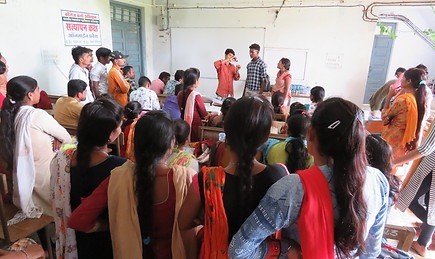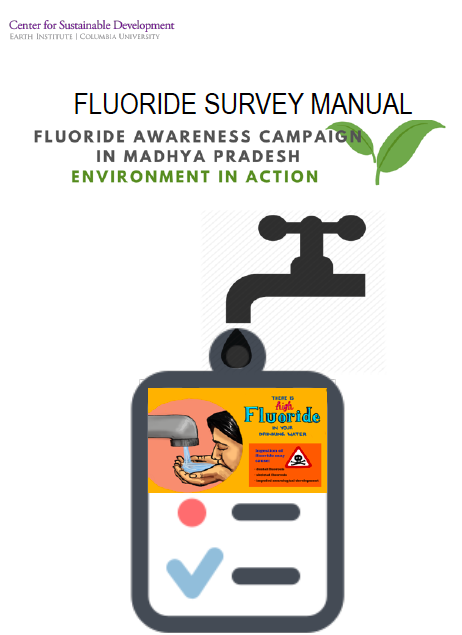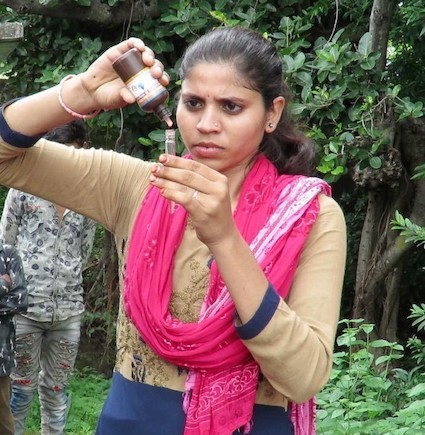
This page features research being done by those in our Eco Ambassador Program network. It will feature a range of studies, done by scientists, educators as well as youth so please keep checking back!
One of our focus in research is the citizen science approach. Community-based environmental management responses that use a range of participatory planning tools can often produce excellent quality responses for long-term environmental management (Zaval and Cornwell 2016).
Here is a short video that explains our approach.
Participation also has a variety of other benefits- empowerment, local ownership and reduced incidence of infrastructure sabotage, conflict avoidance, and improved resilience. An increase in knowledge and empowerment through citizen-science is an area that has not been explored to its full potential.
We usually assume that is education only about classrooms, teachers and teacher training. Our thoughts perceive education to be confined to schools and curriculum.
However, sustainable development urges us to expand education into communities. Attempts should be made to understand the community’s developmental issues and use education as a lens to bring about sustainable development.
Education should be used as a lever to raise concerns (about water, health, sanitation, etc.), communicate the problem, raise awareness about the problem and use the right institutions to boost integrated solutions.
Using such community-based education initiatives to improve awareness and communication of sustainability issues will help to meet the United Nations’ 17 Sustainable Development Goals, and not just SDG 4, Quality Education.
For example, SDG 6, Clean Water and Sanitation, aims to “ensure availability and sustainable management of water and sanitation for all.” It is fair to assume that SDG 6 needs help from the education sector to meet its targets.
Here is an example that use citizen-science approaches and are multi-sectoral.
Click: Testing Fluoride Levels in Indian Wells
You can find more details and examples in the sections below.
Reference: Zaval & Cornwelll (2016). Cognitive Biases, Non-Rational Judgments, and Public Perceptions of Climate Change. Oxford Research Encyclopedia of Climate Science. Oxford University Press
Microplastics
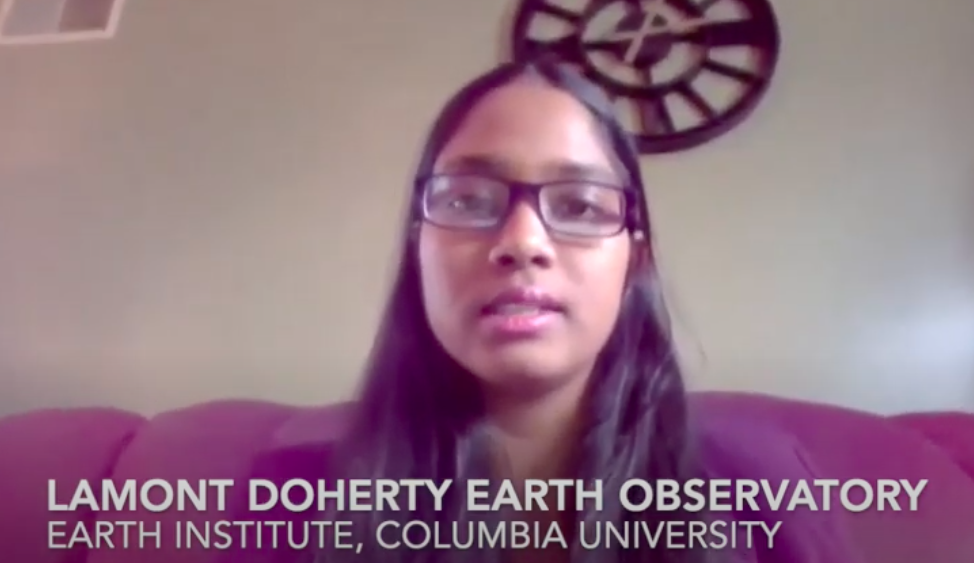
Emmerline Ragoonath de Mattos conducted her research on microplastics and microfibers, which she shared in an online presentation session with Eco Ambassador Program.
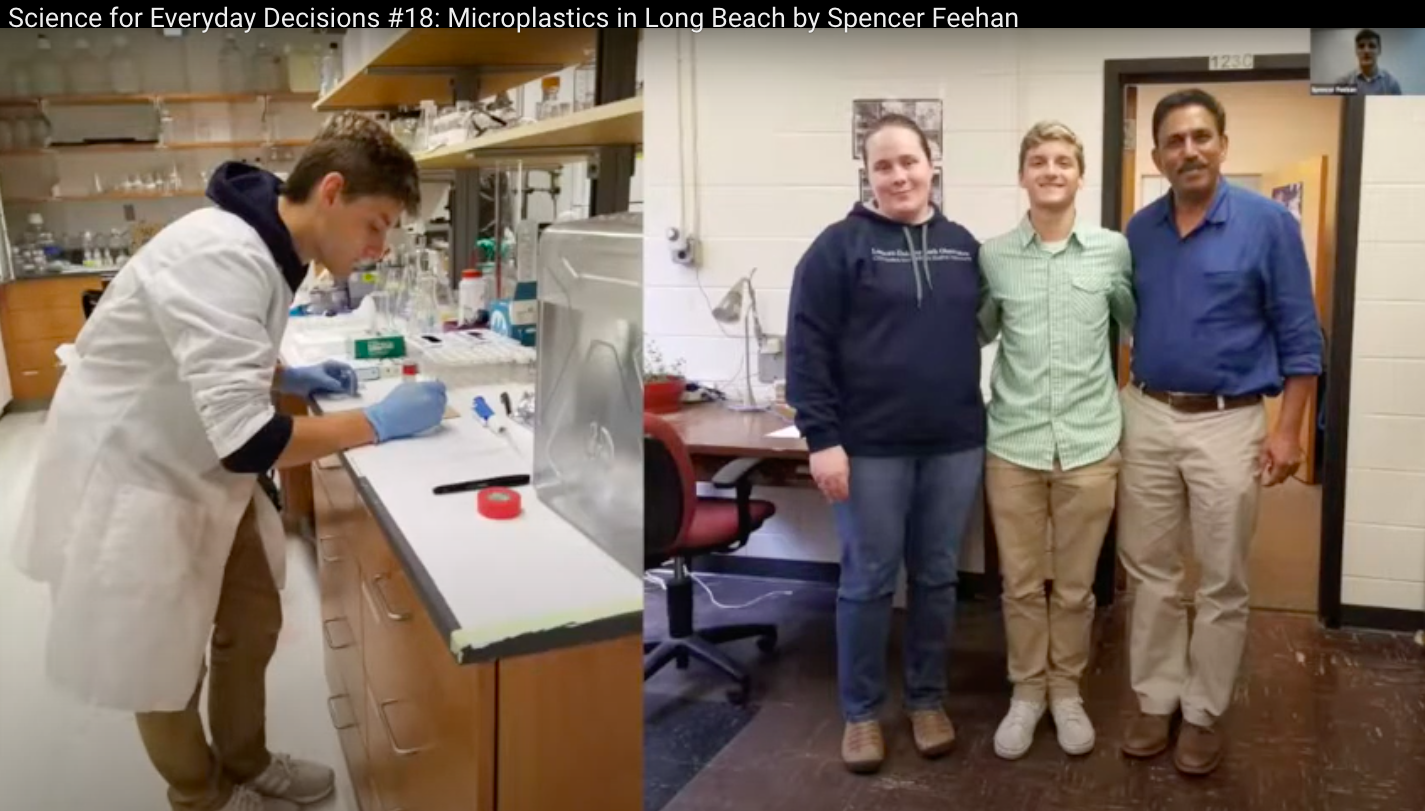
High school student Spencer Feehan from Plainedge High School, Long Island, New York conducted his summer research taking samples from the local oceanfront to investigate the magnitude of plastic pollution.
Green Energy
Coming Soon

